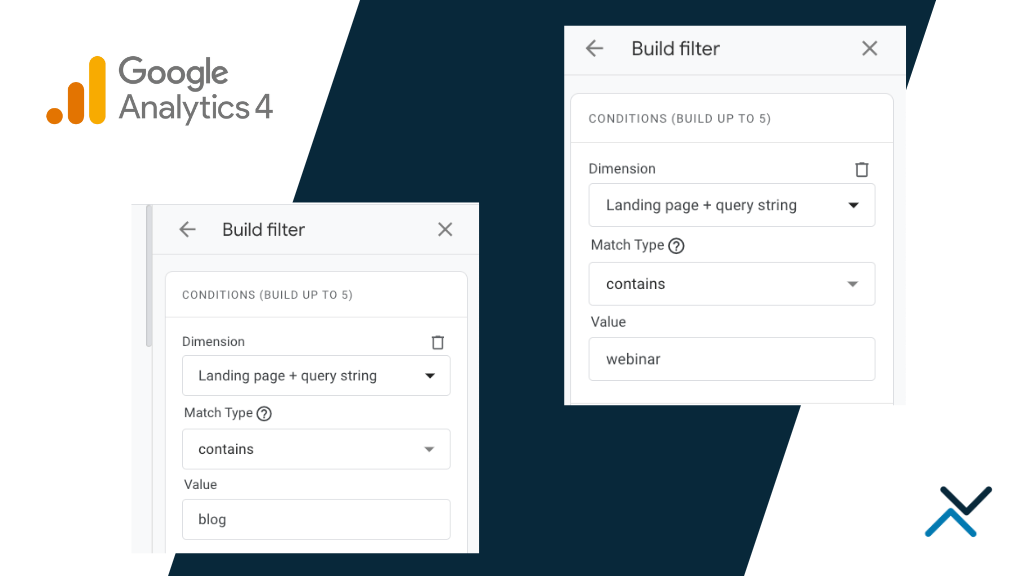Keyword research is crucial for paid search campaigns, as it helps businesses identify relevant and effective keywords to reach their target audience. By understanding audience search intent and behavior, businesses can optimize their campaigns and drive valuable website traffic. To perform keyword research effectively, businesses should define campaign goals, conduct market research, and use keyword research tools to expand and refine their keyword list. Analyzing competitors’ strategies and continuously optimizing the campaign based on performance metrics are also vital for success in paid search advertising.
Define Your Campaign Goals
Before starting keyword research, establish clear goals for your paid search campaign. Consider objectives like lead generation, sales growth, or brand awareness. Well-defined goals will guide your keyword research efforts and align them with desired outcomes.
Setting campaign goals is crucial to a paid search strategy. It allows you to focus on relevant keywords that deliver results. For lead generation, prioritize keywords that attract potential customers actively searching for your offerings. To increase brand awareness, prioritize broader keywords with high search volumes for a wider reach.
Aligning keyword research with campaign goals creates a targeted and effective paid search strategy. This optimization maximizes budget utilization, reaches the right audience, and achieves desired business outcomes.
Understand Your Target Audience
To effectively identify suitable keywords, it is essential to have a comprehensive understanding of your target audience’s requirements, preferences, and search habits. Creating buyer personas and conducting thorough market research can provide valuable insights into their demographic characteristics, interests, and challenges. This acquired knowledge will enable you to select keywords that align with their specific search intent.
Brainstorm Seed Keywords
Generate a range of seed keywords that are relevant to your business, products, or services. These keywords should encompass broad terms that directly align with what you provide. For example, if you run a fitness equipment store, your seed keywords may include phrases such as “fitness equipment,” “home workout gear,” or “exercise machines.” These keywords will serve as the foundation for your search engine optimization (SEO) strategy, helping potential customers find your website and discover the products you offer.
Expand Your Keyword List
To enhance your keyword list, utilize keyword research tools such as Google Keyword Planner, SEMrush, or Ahrefs. These tools provide insights into search volume, competition, and related keywords. Using these resources, discover additional keywords relevant to your business, products, or services. Focus on keywords that meet three criteria: relevance, search volume, and competition. Expanding your list with well-researched keywords optimizes your website’s content, improves search engine rankings, and attracts targeted traffic.
Analyze Search Intent
Understanding search intent is crucial for effective keyword research. Analyze the intent behind different keywords to ensure they align with your campaign goals. Keywords can fall into different intent categories, such as informational (e.g., “how to lose weight”), navigational (e.g., “Nike shoes”), transactional (e.g., “buy fitness equipment”), or commercial (e.g., “best treadmills 2023”). Tailor your keyword selection based on the intent that best suits your campaign objectives.
Evaluate Competition
Assessing keyword competition is essential to determining the feasibility of targeting specific keywords. Look at the top-ranking websites and advertisers for your chosen keywords. Evaluate their domain authority, content quality, and backlink profile. If the competition seems too fierce, consider long-tail keywords or niche variations that have lower competition but still attract relevant traffic.
Organize Keywords Into Groups
Grouping keywords into relevant categories or themes helps organize your campaign structure and create targeted ad groups. Divide keywords based on product categories, features, or buyer personas. This organization will allow you to create focused ad copy and landing pages that resonate with your audience.
Perform Competitor Analysis
Analyze your competitors’ paid search campaigns to gain valuable insights. Identify which keywords they are targeting and evaluate the performance of their ads. Tools like SpyFu or iSpionage can assist in uncovering your competitors’ strategies and finding opportunities to differentiate yourself.
Refine Your Keyword List
By eliminating irrelevant or underperforming keywords. Focus on high-value keywords that are relevant, have reasonable search volume, and demonstrate potential for conversions. Regularly monitor and update your keyword list to adapt to changing market trends and consumer behavior.
Test and Optimize
Once you have selected your keywords and launched your paid search campaign, it’s essential to continuously monitor and optimize your performance. Track key metrics such as click-through rates (CTR), conversion rates, and cost per acquisition (CPA). Test different ad variations, landing pages, and bid strategies to identify what works best for your audience and campaign goals.
Final Thoughts with Keyword Research for Paid Search
Effective keyword research forms the basis of a prosperous paid search campaign. When you have a clear understanding of your campaign objectives, target audience, and the purpose behind their searches, you can discover the most pertinent and valuable keywords. These keywords will help you attract focused traffic and accomplish your desired goals. It is crucial to frequently assess and improve your list of keywords, keep an eye on your competition, and optimize your campaigns to stay ahead in the dynamic digital world. By conducting meticulous keyword research, you can amplify the impact of your paid search endeavors and generate significant outcomes for your business.









